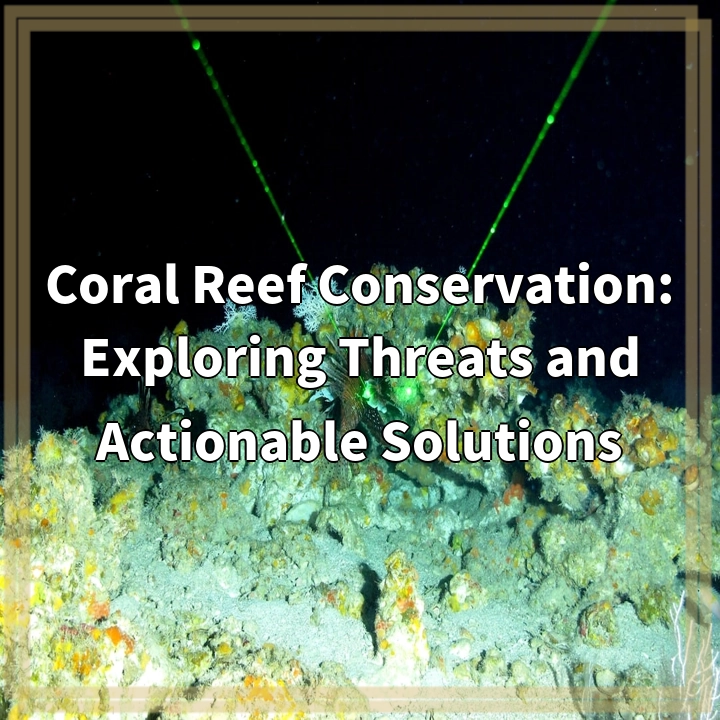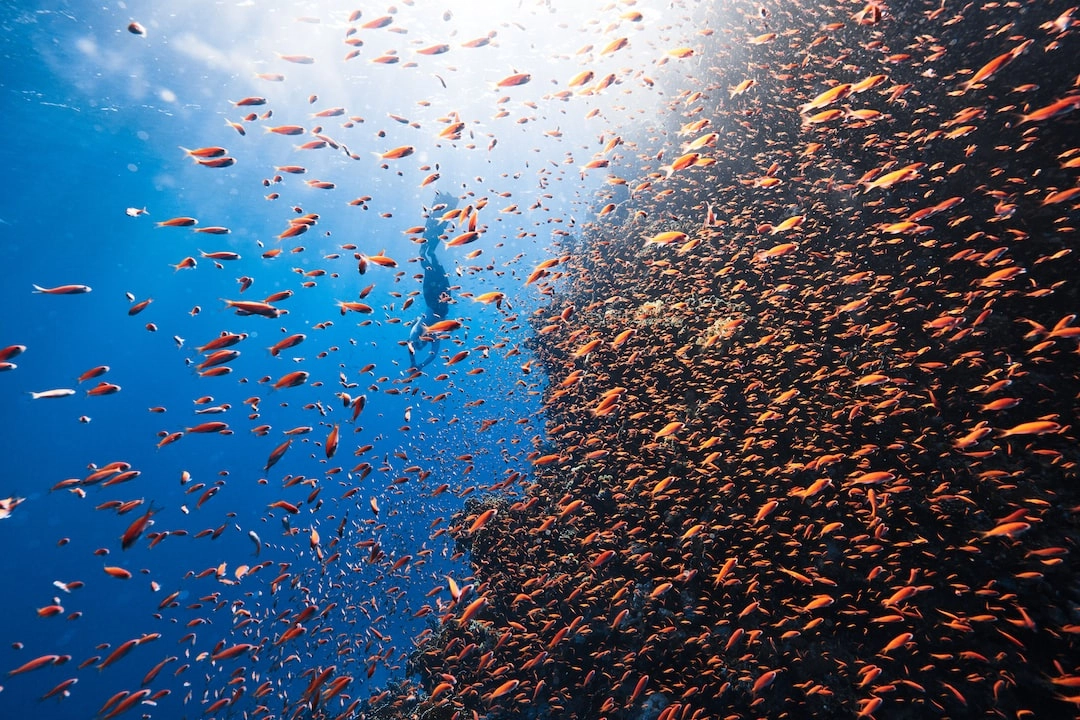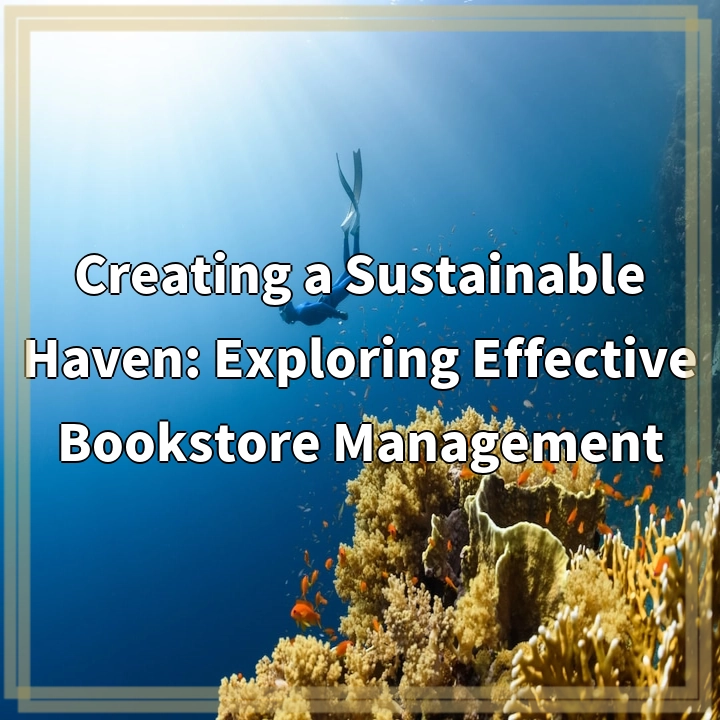
What is Coral Reef Conservation?
Coral reef conservation refers to the efforts aimed at protecting and preserving the delicate ecosystems formed by coral reefs. Coral reefs are diverse underwater ecosystems that support a vast array of marine life. They are often referred to as the “rainforests of the sea” due to their incredible biodiversity and ecological importance. However, these magnificent ecosystems are facing numerous threats and challenges that require immediate attention and action.
Real-World Problems Associated with Coral Reef Conservation
1. Climate Change: Rising sea temperatures and ocean acidification pose a significant threat to coral reefs. As global temperatures soar, corals become stressed, leading to coral bleaching, where they lose their vibrant colors and algae symbionts. This bleaching weakens the corals and makes them more susceptible to disease and death.
2. Overfishing and Destructive Fishing Practices: Overfishing disrupts the delicate balance of coral reef ecosystems. When key fish species are overharvested, it can lead to imbalances in the food chain, affecting the overall health of the reef. Destructive fishing practices, such as dynamite or cyanide fishing, can directly damage the corals themselves.
3. Pollution and Runoff: Pollution from land-based sources, such as agricultural runoff, sewage, and coastal development, can have detrimental effects on coral reefs. These pollutants can smother coral polyps, reduce water quality, and promote the growth of harmful algae that outcompete corals for space and resources.
4. Coastal Development and Habitat Destruction: Rapid coastal development and urbanization lead to the destruction of coral reef habitats. Reckless tourism practices, such as anchoring on reefs or careless snorkeling and diving, can cause physical damage to coral structures.
5. Invasive Species and Coral Predators: Invasive species, such as the crown-of-thorns starfish, can wreak havoc on coral reefs by consuming the corals themselves. These invasive species often outcompete native species for resources and space, leading to a decline in coral cover.
6. Lack of Public Awareness and Engagement: One major challenge faced by coral reef conservation is the lack of public awareness and understanding of the importance of reef ecosystems. Without widespread education and community engagement, it becomes difficult to mobilize resources and gain support for conservation initiatives.

Solutions for Coral Reef Conservation
There are several actionable solutions that can help address the threats facing coral reefs and promote their conservation:
1. Mitigating Climate Change Impacts
Efforts to reduce greenhouse gas emissions and limit global warming are necessary to protect coral reefs. This includes transitioning to renewable energy sources, promoting sustainable practices, and supporting international agreements like the Paris Agreement.
2. Sustainable Fishing Practices
Implementing sustainable fishing practices, such as establishing marine protected areas, enforcing fishing regulations, and promoting responsible fishing techniques, can help protect key fish species and maintain the ecological balance of the reef ecosystem.
3. Reducing Pollution and Runoff
Implementing effective pollution control measures, improving wastewater treatment systems, and promoting sustainable agricultural practices can help minimize the pollution and runoff that negatively impact coral reefs.
4. Conservation and Restoration Initiatives
Supporting organizations and initiatives focused on coral reef conservation and restoration can contribute to the recovery and management of damaged reef ecosystems. This includes coral transplantation, artificial reef structures, and the promotion of coral gardening.
5. Sustainable Coastal Development
Adopting more environmentally friendly practices in coastal development, such as implementing proper zoning and planning, limiting coastal construction, and promoting responsible tourism, can help reduce habitat destruction and minimize the impact on coral reefs.
6. Education and Community Engagement
Raising awareness about the importance of coral reefs through educational campaigns, community outreach programs, and collaboration with local communities can foster a sense of stewardship and encourage active participation in conservation efforts.















